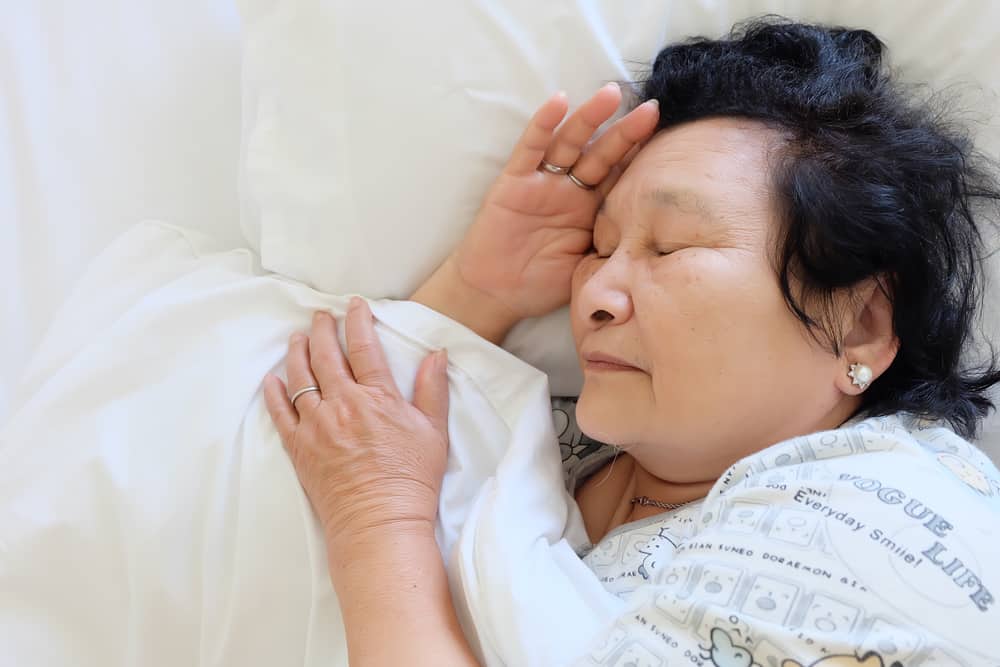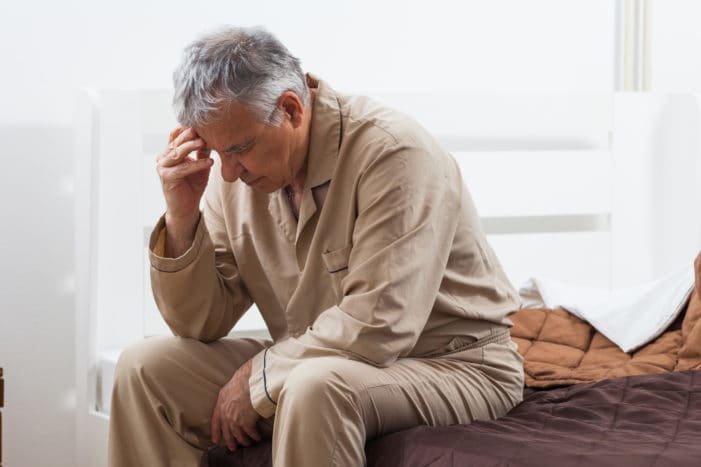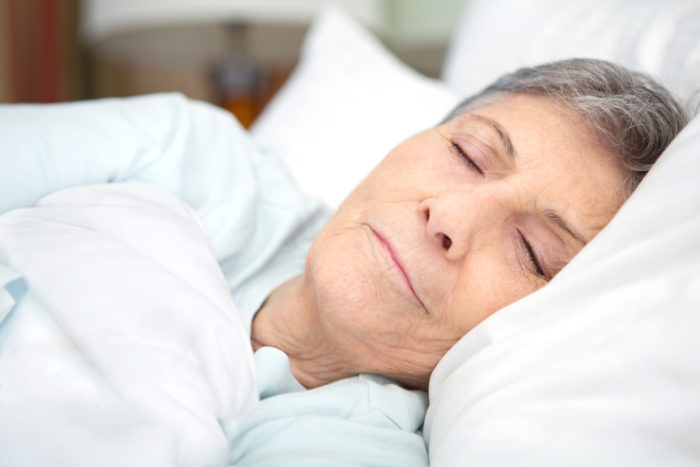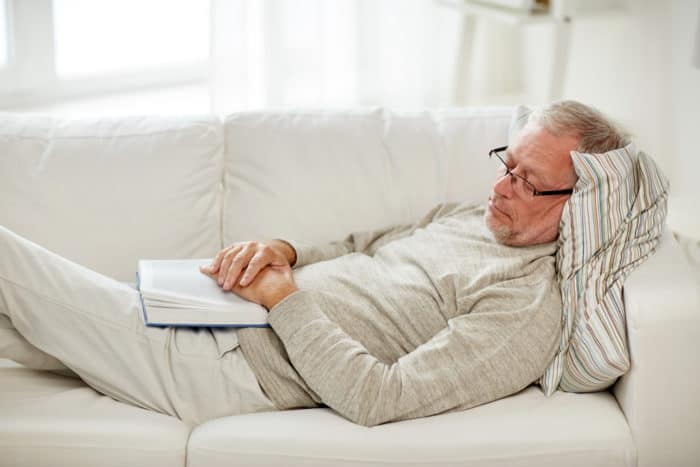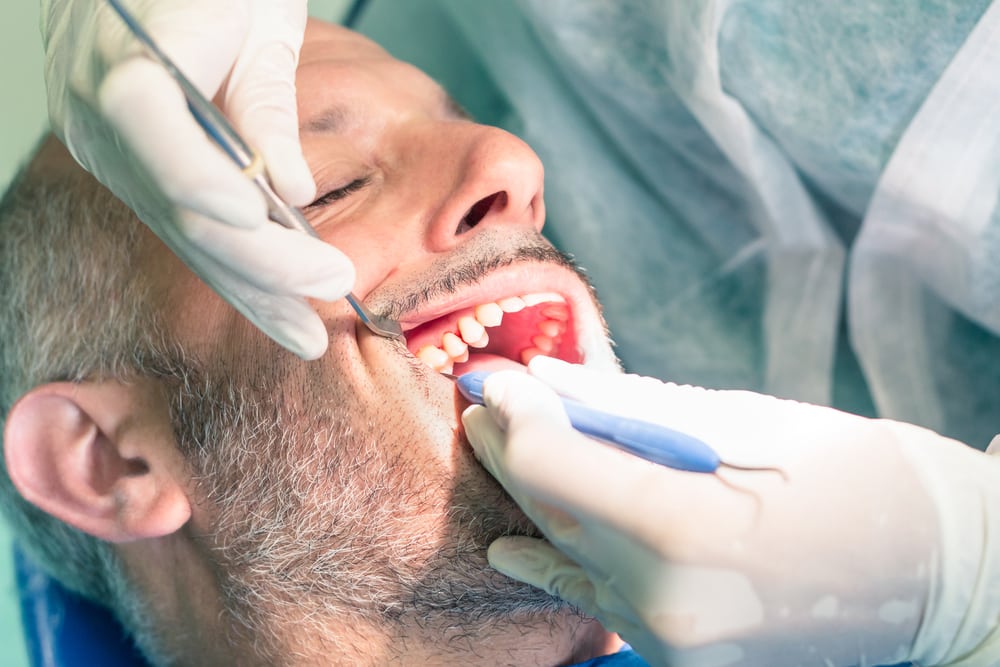Contents:
- Medical Video: How To Treat Insomnia Naturally Without Medication Fix Sleeping Problems | Best Way To Sleep Better
- Why is sleeping well important for the elderly?
- Powerful tips to overcome deep sleep difficulties in the elderly
- 1. Create a regular sleep schedule
- 2. Create a comfortable sleeping atmosphere
- 3. Adjust the nap schedule
- 4. Pay attention to daily food intake
- 5. Regular exercise
Medical Video: How To Treat Insomnia Naturally Without Medication Fix Sleeping Problems | Best Way To Sleep Better
As we get older, a person will experience a dramatic change in sleep patterns. That is why the elderly often experience insomnia, so get up early, and get sleepy faster during the day. In fact, getting enough rest greatly affects the physical and emotional resilience of the elderly. So, how do you deal with insomnia in the elderly? Here's the explanation.
Why is sleeping well important for the elderly?
The quality of a good night's sleep is very important for adults, especially the elderly. Because, deep sleep can help improve memory in the elderly, thereby reducing the risk of senility.
Sleeping well at once is also useful for repairing damage to body cells that occur throughout the day. As a result, the elderly's immune system becomes stronger so it does not easily fall ill.
Reporting from Help Guide, elderly people who have difficulty sleeping soundly tend to be depressed, difficult to concentrate, easily senile, quickly drowsy during the day, and easier to fall at night. In fact, this sleep disorder can also make the elderly more vulnerable to various health problems such as heart disease, diabetes, weight problems, to the risk of breast cancer in elderly women.
Therefore, the elderly are encouraged to have enough rest for 7.5 to 9 hours every night. To find out whether or not enough rest time for the elderly is usually seen from the mood and physical condition of the elderly in the morning. If the elderly look tired and easily angry or offended during the day, then this is a sign that he lacks sleep.
Powerful tips to overcome deep sleep difficulties in the elderly
As we age, the body will produce lower growth hormones. At the same time, the body will produce less of the hormone melatonin which causes the elderly to often wake up at night.
The following are tips that are effective in overcoming deep sleep difficulties in the elderly.
1. Create a regular sleep schedule
Sleeping at the same hour every day can help the elderly get a good night's sleep. The elderly are encouraged to go to bed and wake up at the same hour every day, including on weekends or while on vacation.
Although it's initially difficult, you can help the elderly by scheduling special rituals before going to bed for him. For example, take a warm bath, breathing exercises, or meditate one hour before going to bed.
When done routinely, the body will have its own rhythm by sending a signal that the activity is delivering the elderly at bedtime. This method can also help relax the body and help it sleep faster.
2. Create a comfortable sleeping atmosphere
The main key to overcoming sleeplessness in the elderly is to bring a comfortable sleeping atmosphere. Once the condition of the room feels comfortable, the body will more easily adjust so that it will fall asleep faster.
People with advanced age tend to be more sensitive to sound, light, and hot air. So, make sure the bedroom is quiet, dark and cool. If you still can't sleep, use the help of a toolwhite noise from a fan or air conditioner, eye patch, and ear plugs (earplug) to help reduce light and noise.
Avoid things that can interfere with elderly sleep such as sound and light from television,handphoneor laptop. Make sure you have turned off all communication devices before going to bed in order to get a good night's sleep. Make the bedroom just a place to sleep, not a place to watch TV, eat, or work.
3. Adjust the nap schedule
Skipping a nap is actually not the right solution to overcome sleeplessness in the elderly. Elderly people may take a nap, with a note of just enough so as not to disturb the hours of sleep at night.
Therefore, limit your nap time to around 15 to 45 minutes. Although it feels brief, this is actually useful for increasing awareness and memory of the elderly. Conversely, taking too long a nap can make it harder for the elderly to concentrate after waking up.
4. Pay attention to daily food intake
If the elderly experience difficulty sleeping soundly at night, try checking their food intake daily. Without realizing it, some types of food consumed by the elderly can be a cause of difficulty sleeping soundly so far.
To overcome insomnia in the elderly, avoid various drinks that contain caffeine and alcohol. Because, these two substances can cause sleep disorders in the elderly.
The content in caffeine can make the elderly more awake at night. Meanwhile, alcohol can indeed make a person more drowsy, but unfortunately it also makes it wake up faster and has difficulty sleeping again.
Make the digestive condition of the elderly healthier by avoiding spicy and too much food. Therefore, the elderly are encouraged to eat enough, preferably to eat low-sugar cereals, yogurt, or warm milk which can help him sleep better at night.
5. Regular exercise
A study from Northwestern University revealed that regular exercise (especially aerobic exercise) can help improve sleep quality and sleep duration in elderly people who experience insomnia. Because, exercise can trigger the production of the hormone serotonin, which functions to regulate emotions, memory, and reduce stress levels in the body due to physical fatigue.
The type of exercise that can be done by the elderly is jogging or walking, cycling, golf, swimming, dancing, and aerobics. However, be sure to consult with your doctor first to adjust the body of the elderly with the right type of exercise.

